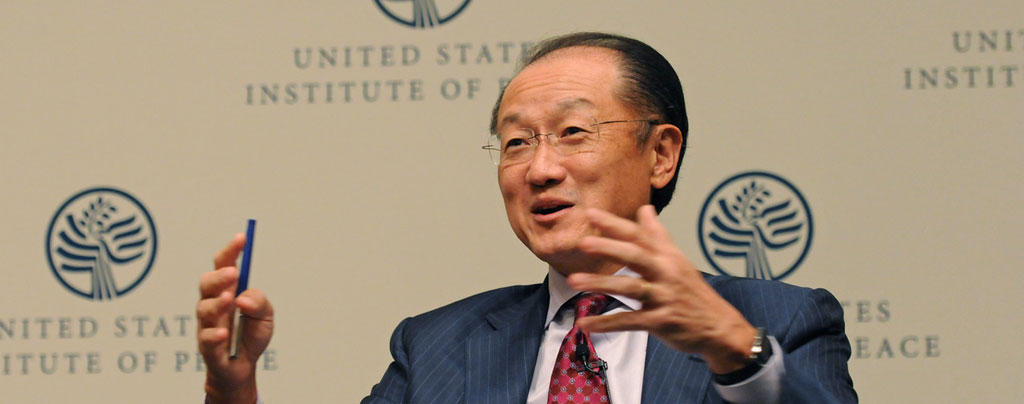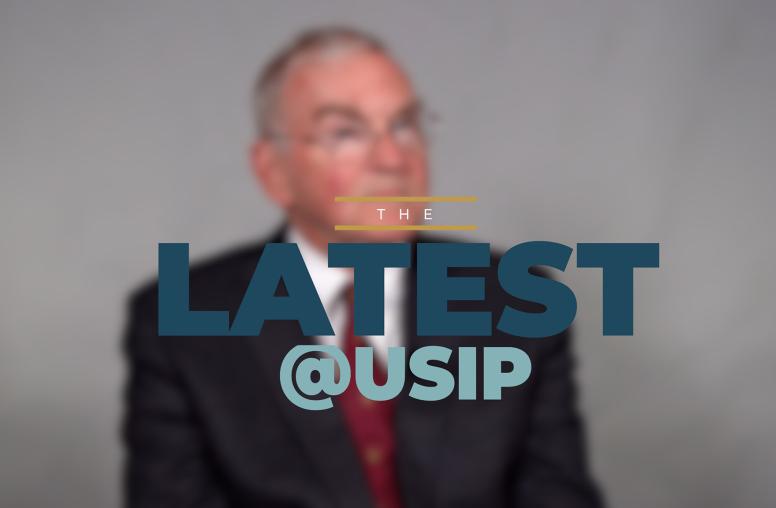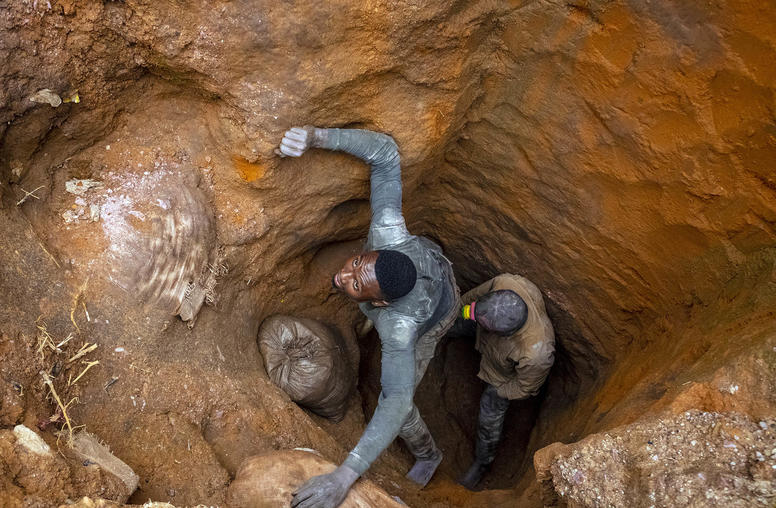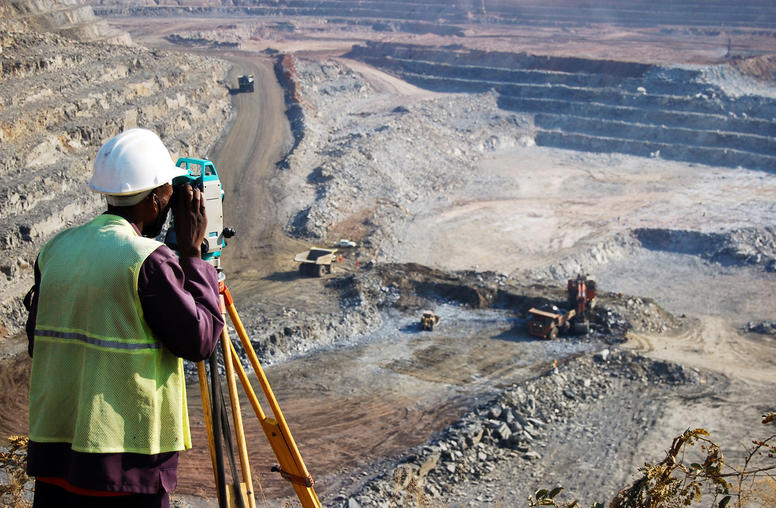World Bank President Jim Yong Kim: What Works in Development
Kim to Offer New Data on Progress in 'Sharing Prosperity' with the World’s Poor
Read the Event CoverageAs a prelude to the 2015 World Bank annual meeting, the president of the World Bank Group, Dr. Jim Yong Kim, presented new data from over a half-century of development practice on what works in reducing economic inequalities and boosting the incomes of the world’s poor. With USIP President Nancy Lindborg, President Kim also examined how economic development can work in tandem with peacebuilding efforts to build more sustainably peaceful societies.

In a forum October 1, Dr. Kim discussed practical approaches that the World Bank has used to open economic opportunities for the “bottom 40 percent”—those with the lowest incomes in each of the world’s countries. That opening of opportunity is central to narrowing the gaps between rich and poor. Dr. Kim drew on evidence from a half-century of work by the World Bank Group, and for the first time, presented preliminary data on how 89 countries are faring in boosting the prosperity of the poorest 40 percent. The forum highlighted lessons that can apply to all countries, rich and poor, that are working to end violent conflict and inequalities.
Continue the conversation on Twitter with #bottom40.
Speakers
Dr. Jim Yong Kim
President, World Bank Group
Ms. Nancy Lindborg
President, United States Institute of Peace



